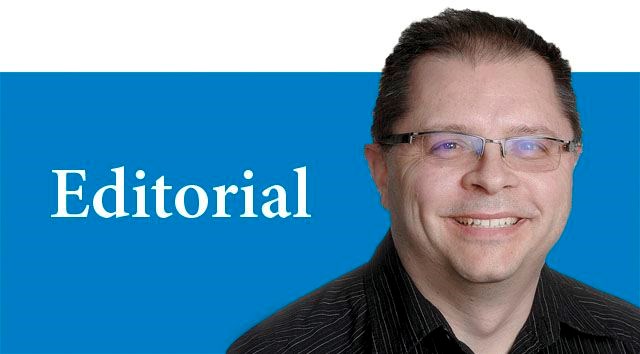The NDP government has just made next fall's municipal election more interesting.
The province plans to introduce legislation that will ban corporate and union donations to individuals running for mayor or city councillor across B.C. Individual donations to municipal candidates will be capped at $1,200 under the new rules.
For most - but not all - of the current Prince George city council, they will have to raise campaign money far differently if they want to be re-elected next October.
According to his disclosure statements filed to Elections B.C., Lyn Hall received $42,995.10 in campaign contributions during his successful run for mayor. Corporations donated $16,200 to his election drive, while unions kicked in $6,500. Presuming Hall runs for a second term, none of that will be allowed next year, while Scott Baron's $5,000, Melanie Christiansen's $4,300 and T.J. Grewal's $2,500 will have to be rolled back to just $1,200 each.
Hall defeated Don Zurowski in 2014. Zurowski received nearly $56,000 in corporate donations to his mayoral bid, plus a $5,000 pledge from Jim Rustad and $2,500 from Grewal,
Coun. Frank Everitt received $15,400 from unions and $5,320 from corporations.
Coun. Garth Frizell received $4,250 from unions and $1,150 from corporations.
Coun. Albert Koehler received just $500 from corporations and nothing from unions but the candidate spent $18,646.39 on his own campaign. The only financial change Koehler would have to make if he's seeking another four-year term in 2018 is Mick Harper's $2,500 personal donation.
Coun. Murry Krause received $2,400 in union support and another $1,000 in corporate cash.
Coun. Terri McConnachie received $3,800 in union money and $500 from corporations.
Coun. Jillian Merrick received $7,325 from unions and $144 from the corporate world.
Coun. Susan Scott received $1,378 in corporate money and nothing from unions. Like Koehler, she paid for most of her campaign herself ($12,812.86).
Coun. Brian Skakun received $4,399 from the unions and $1,900 from corporations.
For the current mayor and eight city councillors, they were elected with $28,092 of corporate money and a whopping $44,074 from unions, although one third of that went to just one candidate (Everitt).
For both the current city council, as well as anyone with aspirations for earning a seat at the table in council chambers next October, the implications couldn't be more clear.
Union and business money is off-limits and any rich and/or generous friends can't kick in more than $1,200. That means all candidates - both incumbents and newbies - will have to go out and earn numerous sources of financial support, instead of just a handful of benefactors with deep pockets.
Or candidates can roll the dice and spend their own money.
On the surface, the NDP rule change seem to open the door for wealthy residents to outspend everyone else and buy their seat on council. The recent history in Prince George, however, suggests a different outcome.
Five city council candidates spent more than $10,000 of their own money on their 2014 election campaign with only Scott and Koehler seeing their investment pay off in electoral victory. Cameron Stolz and Dave Wilbur failed in their re-elections bids and Debora Munoz was unsuccessful for the second consecutive time in getting back on city council after losing her spot in 2011.
Most of all, the planned changes will force all of the candidates to get out in the community, become active, get known, shake hands and talk to people. At first blush, that sounds like a good change.
-- Editor-in-chief Neil Godbout



